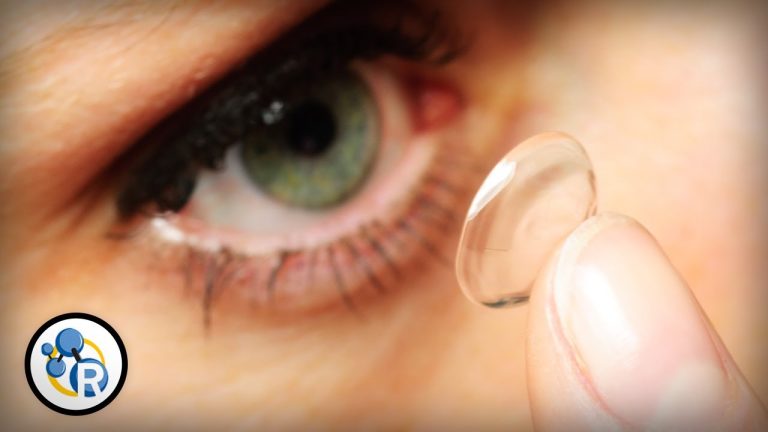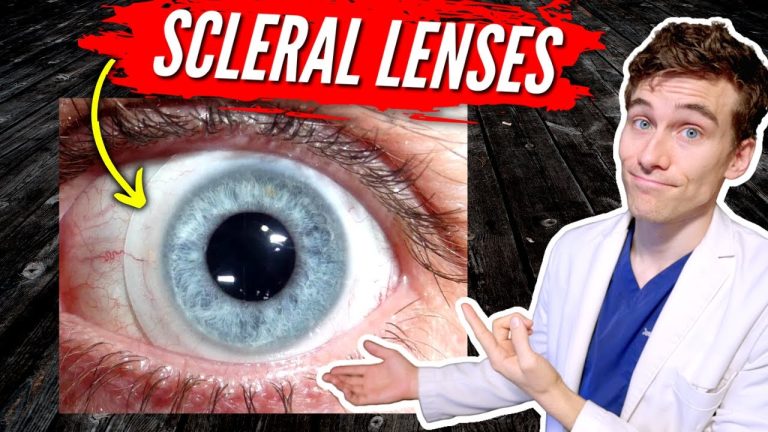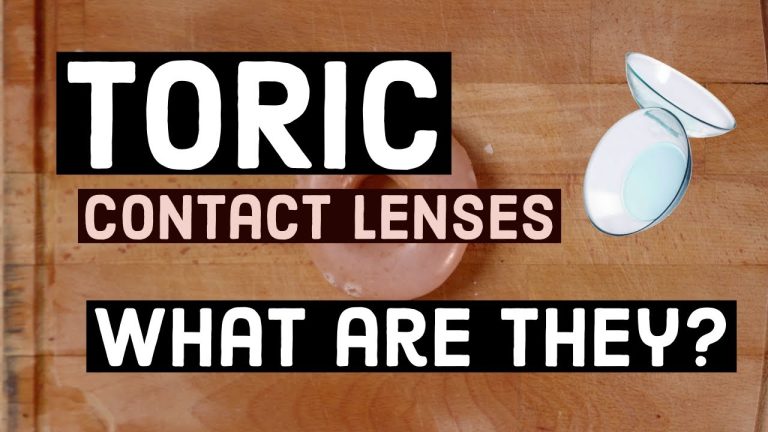Revolutionizing Optical Care: Contact Lens Trials for Enhanced Vision
When it comes to vision care products, contact lenses have been gaining more and more popularity in recent years. They offer a convenient and comfortable alternative to traditional eyeglasses, allowing for a more natural look and more peripheral vision. However, finding the right contact lenses for your eyes can be a daunting task, which is why contact lens trials have become an important part of the process.
In a contact lens trial, your optometrist will fit you with a few different types of lenses to try out, allowing you to determine which ones work best for you. These trials are especially important for those who are new to the world of contacts, as they can help you avoid discomfort and potential damage to your eyes.
How Do Contact Lens Trials Work?
During a contact lens trial, your optometrist will conduct a comprehensive eye exam to determine your prescription and evaluate the health of your eyes. They will then measure your eyes to determine the right fit and curvature for your lenses.
Next, they will fit you with a few different types of lenses to try out. You’ll be asked to wear them for a certain period, usually a week or two, to test their comfort and effectiveness.
You’ll be asked to report back to your optometrist after the trial period is over to discuss your experience with each type of lens. This will allow your optometrist to make any necessary adjustments and to finalize your prescription.
Why Are Contact Lens Trials Important?
One of the biggest reasons that contact lens trials are important is that they allow you to find the right lenses for your eyes. Not all lenses are created equal, and what works for one person may not work for another.
This is especially true when it comes to the materials used to make contact lenses. Some materials are more comfortable for certain individuals, while others can cause irritation or allergies.
Types of Contact Lenses
- Soft Contact Lenses: These are made of a soft, flexible plastic and are the most commonly prescribed type of contact lenses. They come in different designs, including daily wear, extended wear, and disposable.
- Rigid Gas Permeable (RGP) Contact Lenses: These are made of a rigid, durable plastic that allows oxygen to reach the eye. They offer crisper vision than soft lenses but can take some time to get used to.
- Hybrid Contact Lenses: These lenses have a rigid gas permeable center and a soft, comfortable outer rim. They offer the benefits of both types of lenses but can be more expensive.
Conclusion
Contact lens trials are an important part of the process of finding the right lenses for your eyes. They allow you to test out different types of lenses and to determine which ones work best for your comfort and vision needs.
If you’re interested in trying out contact lenses, be sure to speak with your optometrist about setting up a trial. With their help, you can find the lenses that will work best for you and enjoy a clear, comfortable vision every day.
Contents
Most wanted in Hoya Vision:
What brand lenses does Costco use?
Hoya Lens Engravings
Which lens is better Alcon or Johnson and Johnson?
What’s the difference between 1.5 and 1.6 lenses?
What’s the rarest eye color?
1.53 Trivex Impact Resistant
How to Choose the Right Temple Type for Your Glasses
Why do my glasses lenses scratch so easily?
Hoya Sensity Vs Transitions Xtractive
What lenses do Costco use?
















